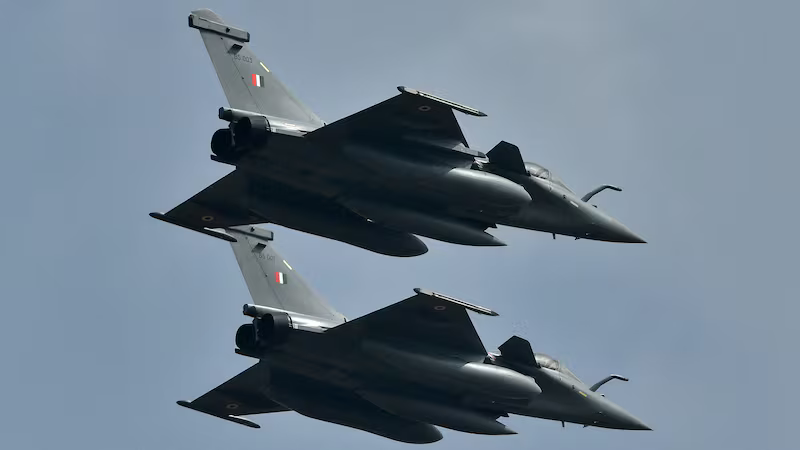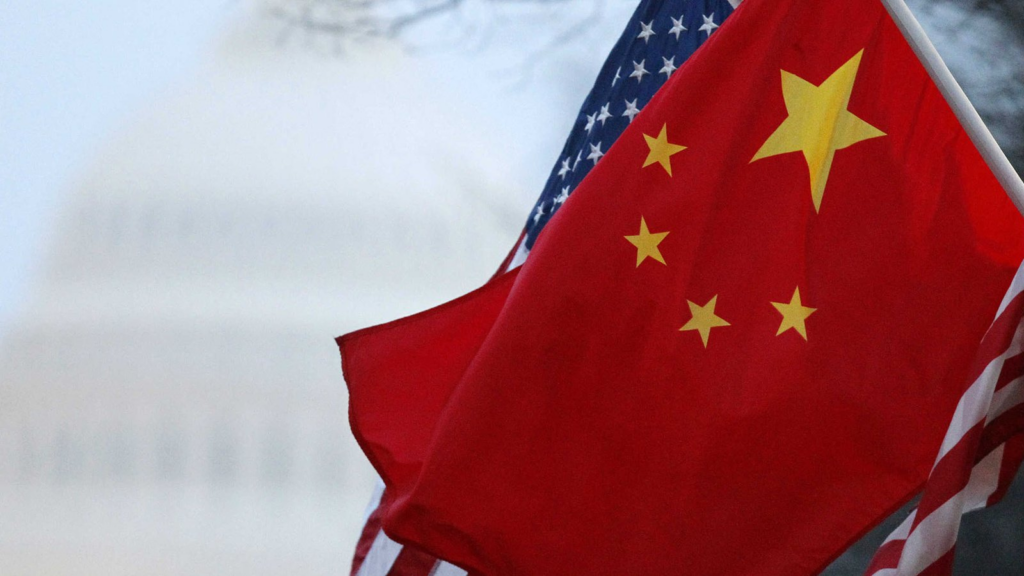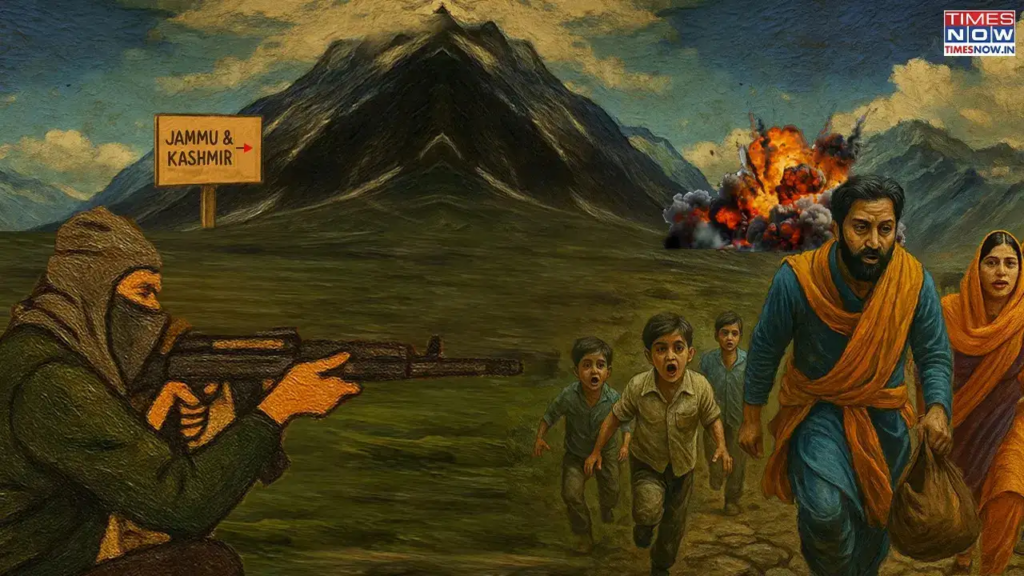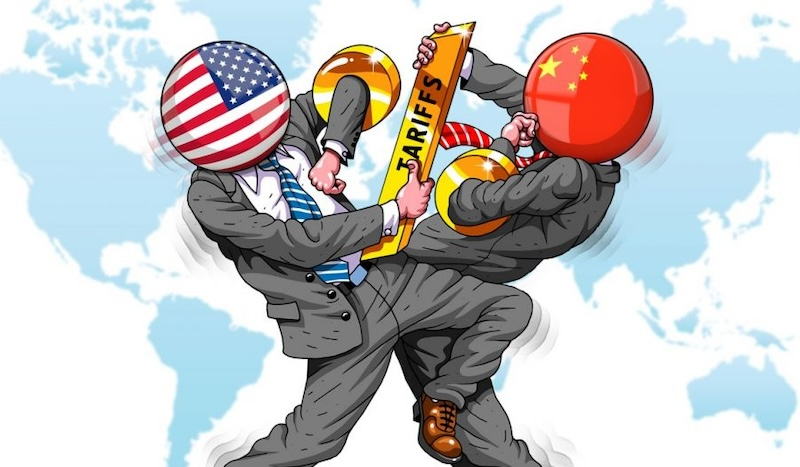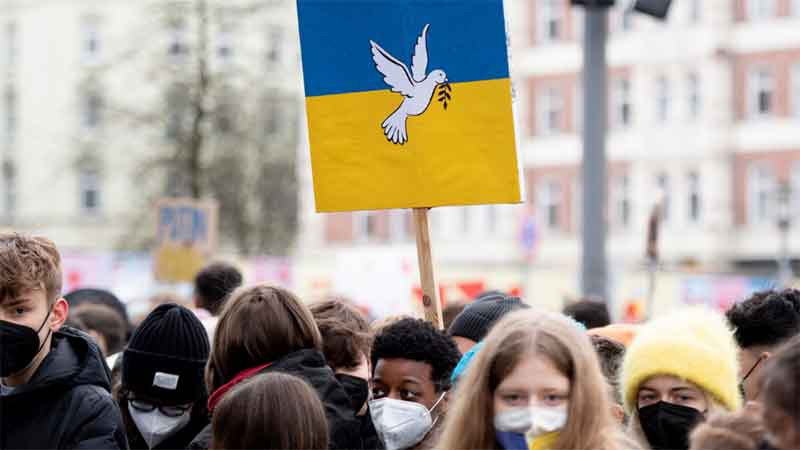Pakistan, Afghanistan, And China Forge Unbreakable Alliance For Regional Unity And Progress – OpEd
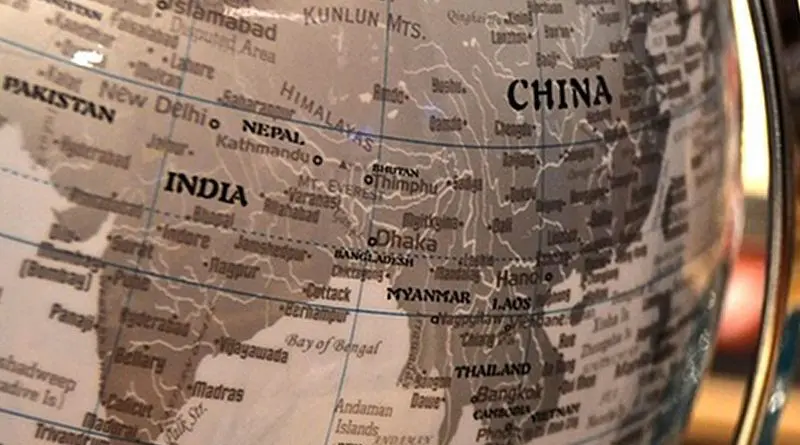
From 19 to 21 May 2025, Pakistan’s Deputy Prime Minister Ishaq Dar undertook a three-day official visit to China at the invitation of Chinese Foreign Minister Wang Yi. The visit took place amid rising regional tensions between the two South Asian nuclear-armed neighbours, India and Pakistan. Following Operation Sindoor, the situation between the two countries has escalated, prompting increased diplomatic and strategic support for Pakistan from Beijing. China continues to emphasize the importance of fostering regional stability through diplomatic engagement.

